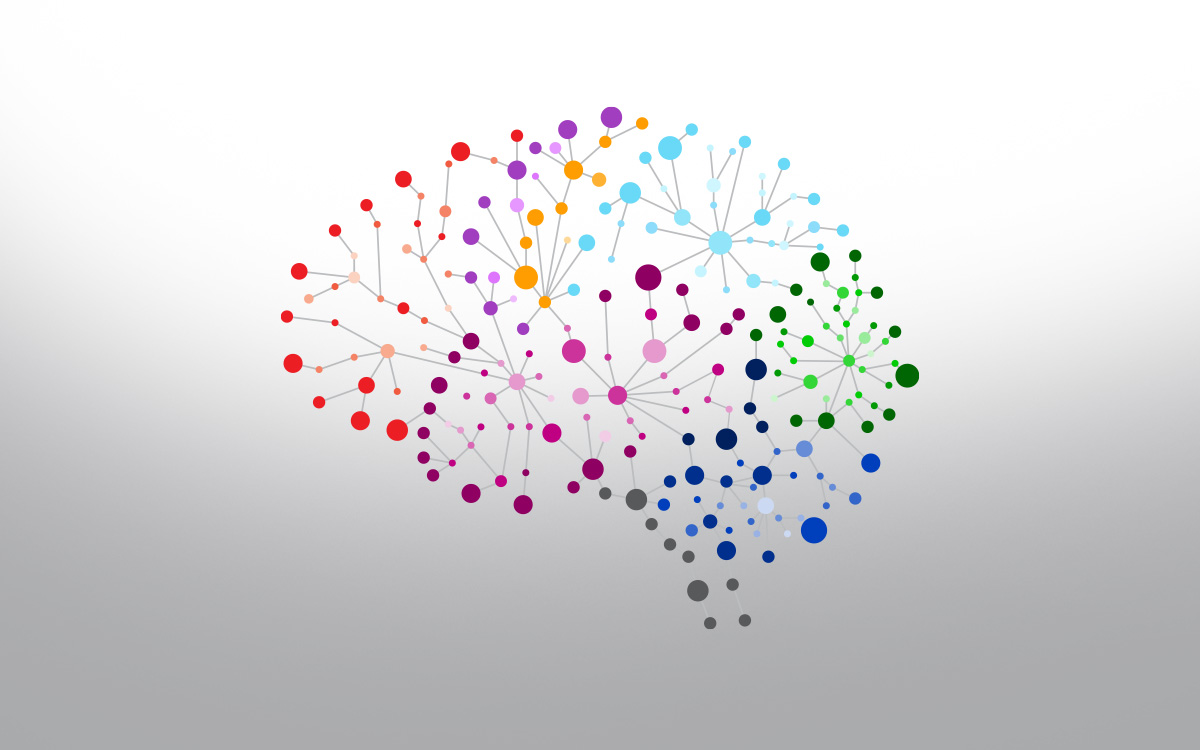The World Health Organization (WHO) reports that globally, 5% of the adult population suffers from depression. Translated in simple terms, in a room of 20 people, at least one person is struggling with depression. But what is depression?
Depression is a mental disorder that is characterized by loss of interest in activities or interactions and depressed moods for long periods of time. Although everyone experiences mood fluctuations, individuals suffering from depressive disorders also struggle in their relationships – work, school, families, friends and their immediate community.
To make things even more complicated, studies also show that there is a strong association between depression and dementia. While some studies hypothesize that depression is an early sign of dementia, there seems to be an increasing body of research that points to the possibility that depression could be a risk factor to developing dementia later in life.
Understanding Risk Factors
Simply put, risk factors are characteristics of an individual or conditions in the environment that increase the probability (risk) of the individual to develop a disease.
Risk factors are not synonymous with causes of the diseases. Elimination or reduction in these risk factors do not guarantee protection for an individual from developing disease. However, knowing what these risk factors are can help reduce the risk of an individual from developing or acquiring the disease.
Modifiable risk factors are risk factors that an individual has some control of and address to reduce the risk of developing the disease. Examples of modifiable risk factors are: lifestyle, diet, smoking, and unhealthy habits (e.g., smoking, excessive alcohol consumption).
Non-modifiable risk factors include: age, ethnicity, and gender, to name a few.
According to the Alzheimer’s Society of Canada, an estimated 40% of those with a confirmed diagnosis of dementia can be attributed to these risk factors; depression being one of them.
Depression as a Risk Factor to Dementia
According to an August 2023 article, “Depression: Early Warning Sign or Risk Factor for Dementia” by Sarah Williams on the Stanford University website, evidence seems to suggest that depression may increase the risk of developing dementia by as much as two-fold. Dr. Victor Henderson, an epidemiologist at the Farrukh-Jamal Stanford Alzheimer’s Disease Research Center reviewed the records of over two hundred thousand Danish adults from 1977 to 2018. Of this population, approximately 67% had depression before the age of 60.
He observed that individuals with a diagnosis of depression or depressive disorder were “2.41 times more likely to develop dementia compared to those not diagnosed with depression.” Even more interesting was that he discovered that these findings were consistent even if the individual was diagnosed with depression decades before they developed dementia.
The relevance of his finding strengthens the hypothesis that depression is a risk factor to dementia and not merely an early sign of dementia. Although further studies are needed to prove and duplicate his findings, this is “good news” as it presents opportunities to reduce the risk of developing dementia later in life.
Possible Mechanisms of Interaction Between Depression and Dementia
Depression can lead to structural and functional changes in the brain, such as the atrophy (ie., shrinking or degeneration) of the hippocampus, a region crucial for memory and learning. These changes may contribute to the development of dementia.
Similarly, depression has also been linked to hypertension and elevated cholesterol level – vascular changes that can cause stroke; and stroke is a known risk factor to developing dementia, particularly, vascular-type dementia.
Another possible explanation is the chronic inflammation observed among those struggling with depressive disorders. Inflammation of the brain tissues can lead to neurodegeneration and may increase the possibility of developing Alzheimer’s disease later in life.
Although the exact mechanism on how depression increases the risk for dementia, there is enough evidence supporting this association. Further research is required not only to understand this interaction, but most importantly, to determine whether early diagnosis and management of depression can have a protective factor for the prevention of dementia.
Risk Factors to Watch Out for to Reduce the Risk of Developing Dementia
The Alzheimer’s Society of Canada recognizes there are 12 risk factors that everyone should pay attention to if they were to reduce their risk of developing dementia. These include: depression, obesity and lack of physical activity, high blood pressure, smoking, diabetes, poor diet (e.g., high in salt, sugar, cholesterol), high alcohol consumption, traumatic brain injury, air pollution, social isolation, hearing loss, and low levels of cognitive engagement.
What is most notable about these 12 risk factors is that they are modifiable, that is, anyone can do something to improve it. In addition, some of these factors are known to be related to or interact with each other. For instance, smoking and high blood pressure are directly related to each other. Quitting smoking can significantly reduce one’s risk of developing high blood pressure; and therefore, eliminating smoking from one’s lifestyle not only reduces the risk for high blood pressure, but also the risk for dementia.
Similarly, having a good support system and social network can minimize feelings of isolation, loneliness and depression – risk factors that interact with each other and all modifiable risk factors to developing dementia.
The Need to Take Mental Health More Seriously
Though there is currently no known treatment that could reverse Alzheimer’s disease and other types of dementia, knowing these modifiable risk factors and working on reducing or managing them early in life increases the chances of keeping the brain healthy, or at a minimum, delay the progression of neurodegeneration.
Depression affects 5% of adults globally. Depression is not merely a fleeting mood but a debilitating mental health condition with profound consequences, including a high risk for dementia. As Dr. Henderson’s study showed, the link between depression and dementia had been observed among patients who had been diagnosed with depression 20 to 30 years prior to developing dementia.
It’s time to make our mental health a priority. Seek help early and get support when needed. As the old adage goes, “an ounce of prevention is worth a pound of cure.” Dementia impacts not just the person with dementia, but their families and the people around them. An investment in maintaining good physical, brain/mental, and emotional health is an investment towards cognitive well-being which is currently our most effective tool to prevent dementia.
Karen Tyrell CPCA, CDCP is a Dementia Consultant, Educator, Author & Advocate, and Founder of Personalized Dementia Solutions Inc. (www.DementiaSolutions.ca). Karen offers her expertise on dementia care through speaking engagements; workshops; support groups (both online and in-person) and by working one-on-one with families/caregivers to provide emotional support and practical solutions. She was also on the design team for The Village Langley (Verve Senior Living) and provides ongoing education to the Village team, families and the community. If you would like to learn more, please feel free to reach out.
DISCLAIMER:
The contents of this blog are provided for information purposes only. They are not intended to replace clinical diagnosis or medical advice from a health professional.




